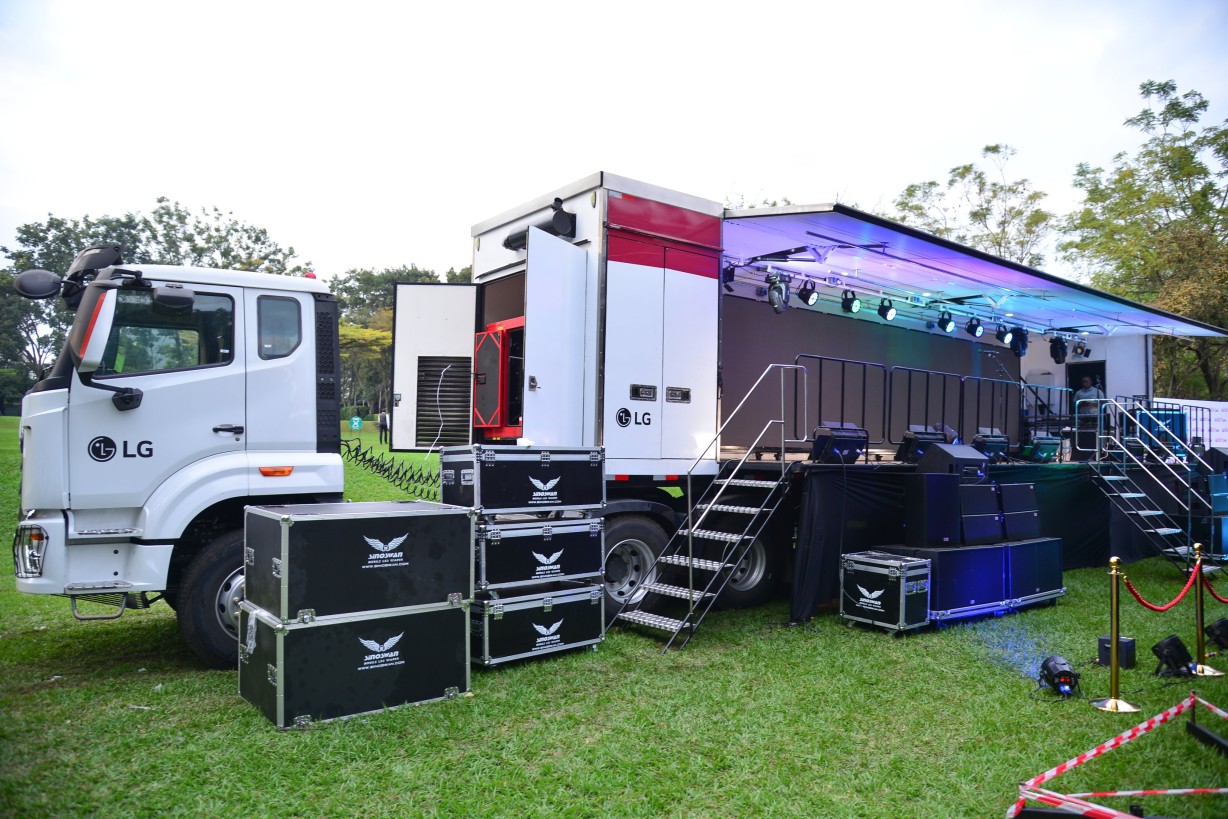When Can KRA Tax All Your Bank Deposits? Lessons from the Kirin Pipes Case
A recent ruling by the Tax Appeals Tribunal in the case of Kirin Pipes Limited vs Kenya Revenue Authority (KRA) has sent shockwaves across Kenya’s business community.
The judgement clarifies under what circumstances KRA can deem every deposit made in a company’s bank account as income, and therefore taxable.
This case is a wake-up call for businesses across the country to tighten their documentation and compliance processes or risk being hit with hefty tax demands that might cripple them.
Case at a Glance
Read More
KRA audited Kirin Pipes Limited for the period 2019–2022 and raised the following assessments:
• Income Tax: Sh34,300,288
• VAT: Sh22,687,105
• Total: Over Sh56 million
The revenue authority’s position was simple: all deposits made into Kirin Pipes’ bank account during the period under review were income.
On its part, Kirin Pipes objected to the position asserted by KRA, insisting that not all deposits were taxable.
The embattled company argued that some funds were:
• Capital injections from shareholders, amounting to Sh29.4 million
• A loan of Sh31.6 million from Nanchang Municipal Engineering Development
• Additional shareholder contributions totaling Sh24.6 million
The company maintained that these were not income but financing to fund operations during its formative years.
Why Kirin Lost
The Tribunal ruled in favor of KRA because Kirin Pipes failed to prove its case with proper documentation as demanded by the tribunal.
1. Weak documentation of capital injections
• Kirin Pipes provided bank statements and swift transfer slips but did not submit critical supporting documents such as shareholder resolutions, meeting minutes, or an updated shareholding structure.
• The only CR12 form presented reflected the initial share capital of Sh10 million, with no evidence of subsequent capital increases.
2. Dubious loan agreement
• The alleged Sh31.6 million loan had no repayment schedule, no interest, and no evidence of repayments since 2019.
• The Tribunal found the terms too vague to qualify as a genuine loan, ruling that it could not be excluded from taxable income.
3. Failure to link deposits to shareholders
• Without clear records showing the flow of funds from shareholders and how they were recorded in company books, the Tribunal held that deposits could not be classified as capital.
In short, Kirin Pipes failed the evidential threshold to prove that more than Sh54 million in deposits were not taxable income.
The Law
The ruling leaned on Section 3(2) of the Income Tax Act, which defines taxable income broadly as “all gains or profits from business.”
In the absence of evidence proving otherwise, deposits made into a company’s bank account can legally be presumed to be business income.
When Can KRA Treat Deposits as Income?
This case highlights the following scenarios where KRA can deem all deposits taxable:
• When a business fails to prove the source of deposits.
• Where documentation is missing, inadequate, or uncertified.
• When alleged capital injections are not supported by CR12 updates, resolutions, or shareholder records.
• Where loan agreements lack standard terms (repayment, interest) or repayment evidence.
• When deposits appear inconsistent with a company’s declared revenues and tax filings.
Key Implications
The ruling sends the below strong messages to all businesses operating in Kenya:
• Document everything. Every shareholder injection should be backed by resolutions, CR12 updates, and accounting entries.
• Loan agreements must be clear. Loans should have defined repayment terms and supporting evidence of disbursements and repayments.
• Separate income from financing. Businesses must differentiate operating revenues from financing flows in their bank accounts.
• Compliance is critical. Without watertight documentation, KRA is entitled to assume deposits are taxable income.
Key Lessons for Kenyan Businesses
Any Kenyan business should henceforth note the following key things as they conduct their daily operation to avert finding themselves in such a situation:
1. Bank deposits are not automatically treated as non-taxable capital: the burden of proof is on the taxpayer.
2. KRA’s assessments will stand unless a company can produce solid evidence to the contrary.
3. Companies that blur the line between capital, loans, and income expose themselves to multi-million-shilling tax liabilities.
4. Strong governance and financial documentation can make or break tax disputes.

-1757243598.jpg)




